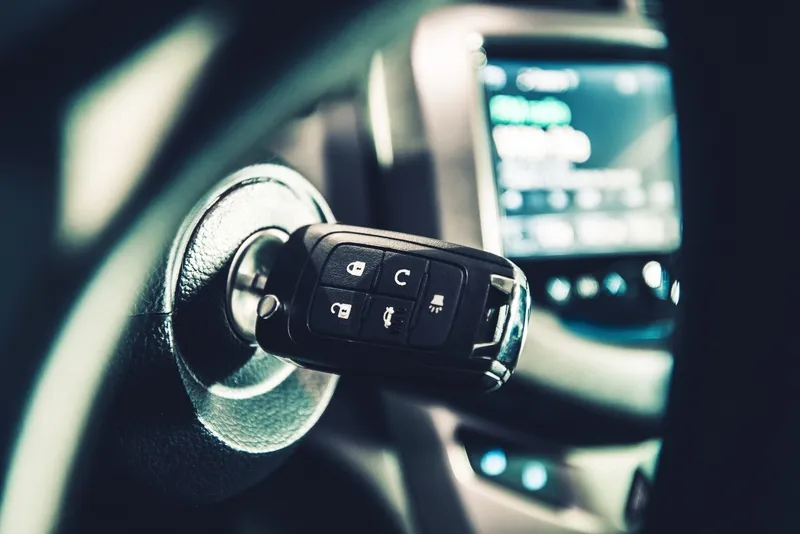The authorities in China claim that tough new laws against drink driving are already having a major benefit for road safety, according to the official news agency Xinhua. The latest official statistics reveal a sharp drop in road accidents caused by drink driving over a recent long holiday weekend. The newly amended law imposes harsher punishments on drunk drivers, with police also taking a tough line on enforcement.
April 25, 2012
Read time: 2 mins
RSSThe authorities in China claim that tough new laws against drink driving are already having a major benefit for road safety, according to the official news agency Xinhua. The latest official statistics reveal a sharp drop in road accidents caused by drink driving over a recent long holiday weekend. The newly amended law imposes harsher punishments on drunk drivers, with police also taking a tough line on enforcement.
According to the traffic management authority of the Ministry of Public Security, the number of drink driving-related road accidents over the recent three-day holidays dropped 27.6% year on year, with the death toll decreasing 54.6%.
The amended Road Traffic Safety Law took effect on the second day of the International Labour Day holidays. This new law ensures that any drivers found guilty of driving with excessive quantities of alcohol in their system will lose their driving licenses for a five year period, compared with the three to six month ban imposed previously. The new law also states that drunk drivers causing serious accidents could lose their licenses permanently. According to the current law, drivers who have at least 80milligrammes of alcohol/100millilitres of blood are considered drunk.
Statistics from the public security agency also showed that a total of 1,458 road accidents were reported during the weekend break, which resulted in 423 deaths and 1,740 others injured. The total number of accidents and casualties also dropped in comparison with the previous year.
In recent years, high levels of fatal car accidents in Chinese cities such as Chengdu, Nanjing and Hangzhou have resulted in calls for stricter penalties for drunk driving. The annual Labour Day holiday period is traditionally a time for family gatherings in China, with increased levels of alcohol consumption considered normal. However the authorities are keen to ensure that those consuming alcohol do not get behind the wheel. The first driver caught for drink driving in China under the new rules was a 25 year old at the wheel of a1685 Mercedes Benz. He was caught in Beijing.
According to the traffic management authority of the Ministry of Public Security, the number of drink driving-related road accidents over the recent three-day holidays dropped 27.6% year on year, with the death toll decreasing 54.6%.
The amended Road Traffic Safety Law took effect on the second day of the International Labour Day holidays. This new law ensures that any drivers found guilty of driving with excessive quantities of alcohol in their system will lose their driving licenses for a five year period, compared with the three to six month ban imposed previously. The new law also states that drunk drivers causing serious accidents could lose their licenses permanently. According to the current law, drivers who have at least 80milligrammes of alcohol/100millilitres of blood are considered drunk.
Statistics from the public security agency also showed that a total of 1,458 road accidents were reported during the weekend break, which resulted in 423 deaths and 1,740 others injured. The total number of accidents and casualties also dropped in comparison with the previous year.
In recent years, high levels of fatal car accidents in Chinese cities such as Chengdu, Nanjing and Hangzhou have resulted in calls for stricter penalties for drunk driving. The annual Labour Day holiday period is traditionally a time for family gatherings in China, with increased levels of alcohol consumption considered normal. However the authorities are keen to ensure that those consuming alcohol do not get behind the wheel. The first driver caught for drink driving in China under the new rules was a 25 year old at the wheel of a








